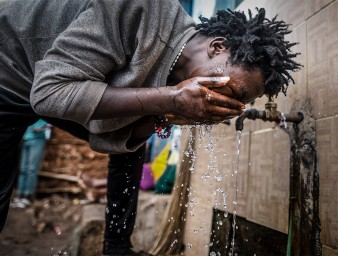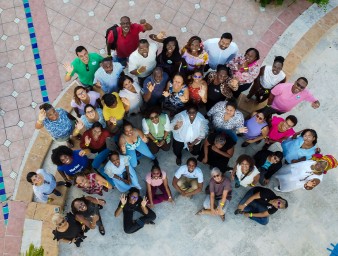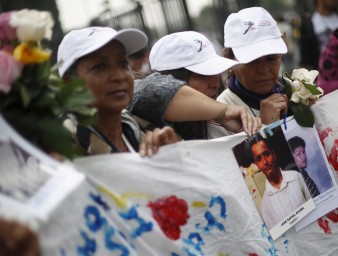“This is about our human rights:” U.S. youths win landmark climate case
29 August 2023
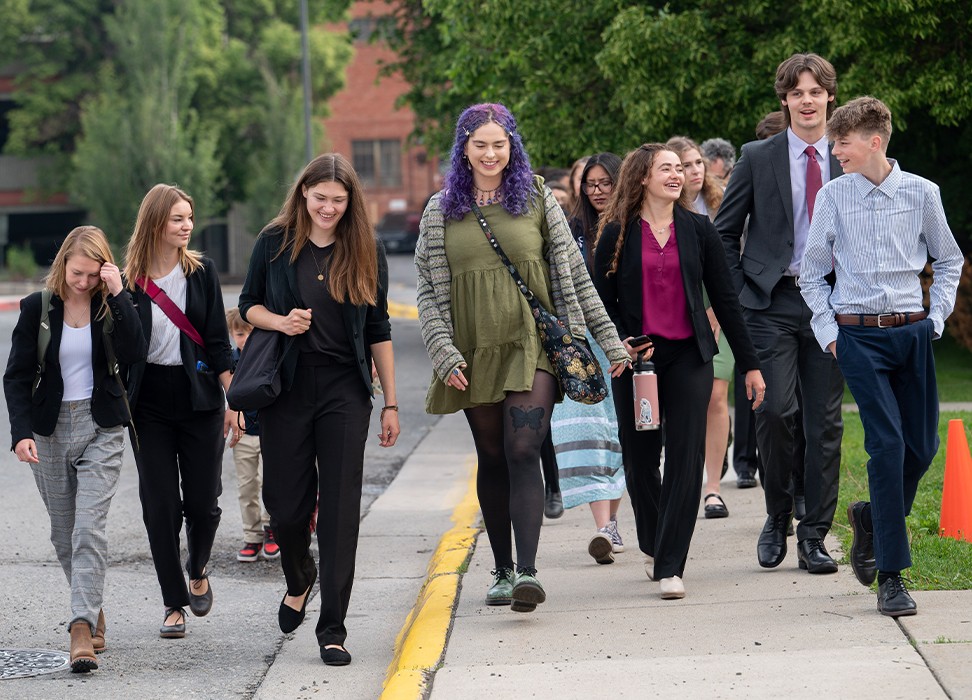
“I knew that we would win because we had such a strong case. This is about protecting our basic human rights,” said Rikki Held, a 22-year-old environmental science student.
Held is the lead plaintiff in a case that involved a group of 16 young people in the U.S. state of Montana who won a landmark lawsuit this month when a judge ruled that the state was violating their constitutional right to “a clean and healthful environment,” as well as their rights to dignity, health and safety, and equal protection of the law.
In the case, the plaintiffs, who are now aged between five and 22, argued that the state of Montana was violating their constitutional rights by permitting fossil fuel development without considering its effect on the climate, harming them both mentally and physically.
“Climate change affects everyone, but young people are disproportionately affected,” said Held, adding that young people will be exposed longer to the negative effects of climate change, such as air and water pollution and extreme heat.
“Young people and future generations don't have a say in a lot of decisions about climate, so that's why we need to go through the courts and have the courts protect our human rights.”
The judge’s ruling is based in part on an article of the Montana Constitution, which stipulates that the "state and each person shall maintain and improve a clean and healthful environment in Montana for present and future generations.”
“Monumental” ruling
The Montana attorney general’s office said the state would appeal, which would send the case to the state Supreme Court.
For Julia Olson, the lead attorney representing the young plaintiffs, the importance of the court’s decision is “monumental.” Olson, who is executive director of Our Children's Trust, a non-profit environmental group, said more rulings like this will come.
“While there have been other cases brought on behalf of youth and other citizens around the world challenging the government’s response on climate change, this decision is based on merits,” said Olson, whose organization has brought legal actions against U.S. state government entities on behalf of youth in all 50 states.
During the trial, many of the plaintiffs took the stand to testify about their climate-related injuries. Among them were two brothers suffering from respiratory diseases, who told the court they had to leave their hometown because wildfire smoke was worsening their asthma.
The court also heard testimony from climate, energy and medical experts, who presented evidence and were cross examined by the defendants.
The ruling, coming during a summer of record heat and deadly wildfires from Hawaii to Greece that experts blame on a rapidly warming planet, is an important precedent that could inform a growing number of national and international cases seeking to increase climate ambition and hold governments and businesses accountable for human rights harms caused by climate change.
According to New York University’s Climate Litigation Accelerator, there were 279 such cases being adjudicated worldwide as of late June 2023. A report on global climate litigation by the United Nations Environment Programme shows that people are increasingly turning to the courts to combat the climate crisis.
“Montana is a major contribution to this trend because science played an important role in the trial,” said César Rodríguez-Garavito, director of Climate Law Accelerator and chair of the NYU Center for Human Rights and Global Justice.
Rodríguez-Garavito said the body of legal precedents developed in these cases, including with respect to the right to a healthy environment, will play an important role in advancing the rights of youth and future generations. Many of the cases had been filed by young plaintiffs, he said.
“
The ruling recognizes that every ton of greenhouse gas emissions matters and calls for science-based actions, safeguarding our planet for generations to come
“
UN Human Rights Chief Volker Türk
Children’s rights and the environment
Climate change threatens the effective enjoyment of a range of human rights including those to life, water and sanitation, food, health, housing, self-determination, culture and development.
In line with the 2030 Agenda and the preamble of the Paris Agreement on climate change, UN Human Rights aims to promote a human rights-based approach to climate action.
For Benjamin Schachter, Environment and Climate Change Team leader at UN Human Rights, the case in Montana and similar ones are important steps toward climate justice and protecting the human rights of present and future generations.
“A safe and stable climate is integral to the effective enjoyment of a wide range of human rights, including the right to a clean, healthy and sustainable environment,” Schachter stressed. “States, therefore, have a human rights obligation to prevent the adverse effects of climate change and ensure that those affected by it, particularly those in vulnerable situations, have access to effective remedies and means of adaptation to enjoy lives of human dignity.”
In a general comment issued on August 28, the UN Child Rights Committee urged States to urgently implement legislative and administrative measures to address the adverse effects of environmental degradation and climate change on the enjoyment of children’s rights, and to ensure a clean, healthy, and sustainable world for future generations.
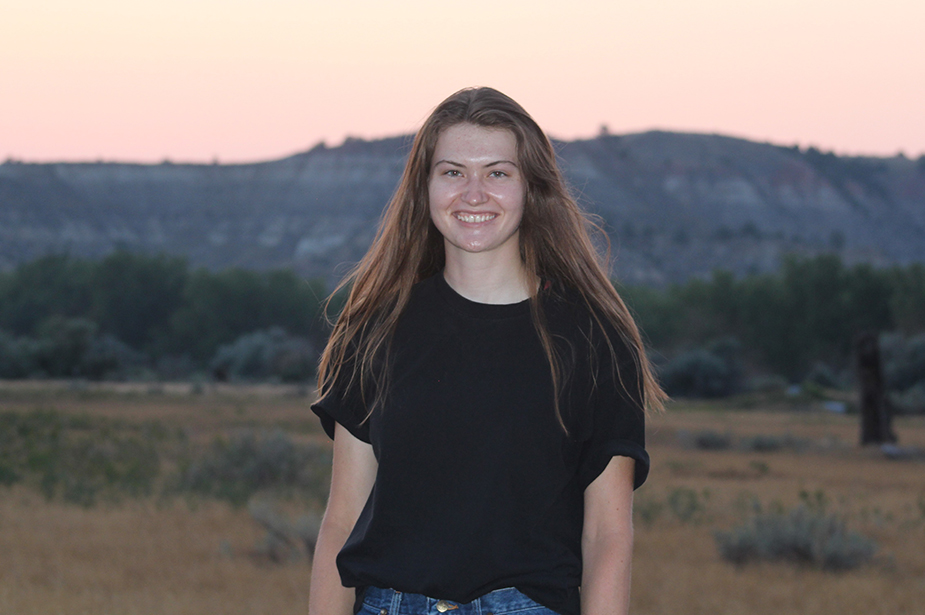
« Nous ne pouvons pas continuer à transmettre la crise climatique aux générations futures », a déclaré la principale plaignante, Rikki Held. © Rikki Held
Growing up on a ranch
Held, who grew up on her family’s ranch, said she had no choice but to go to court.
With its mountain ranges, lakes, and expansive prairies, Montana is referred to as Big Sky Country. Held said that over the last several years she's seen worsening flash flooding, droughts, and wildfires that have damaged crops and livestock on her family's ranch.
The state argued that even if Montana, a major coal and gas producer, stopped producing C02, it would have no effect on a global scale because states and countries around the world contribute to the amount of C02 in the atmosphere.
In her 103-page decision, however, District Court Judge Kathy Seeley found that each additional ton of greenhouse gas emissions exacerbates the impact of climate and the plaintiffs’ injuries.
Held said she is aware that climate change is a global issue, but that everybody needed to take responsibility at the local level.
“We can't keep passing on the climate crisis to future generations,” she said. “I want young people to stay positive because we can make a difference.”
